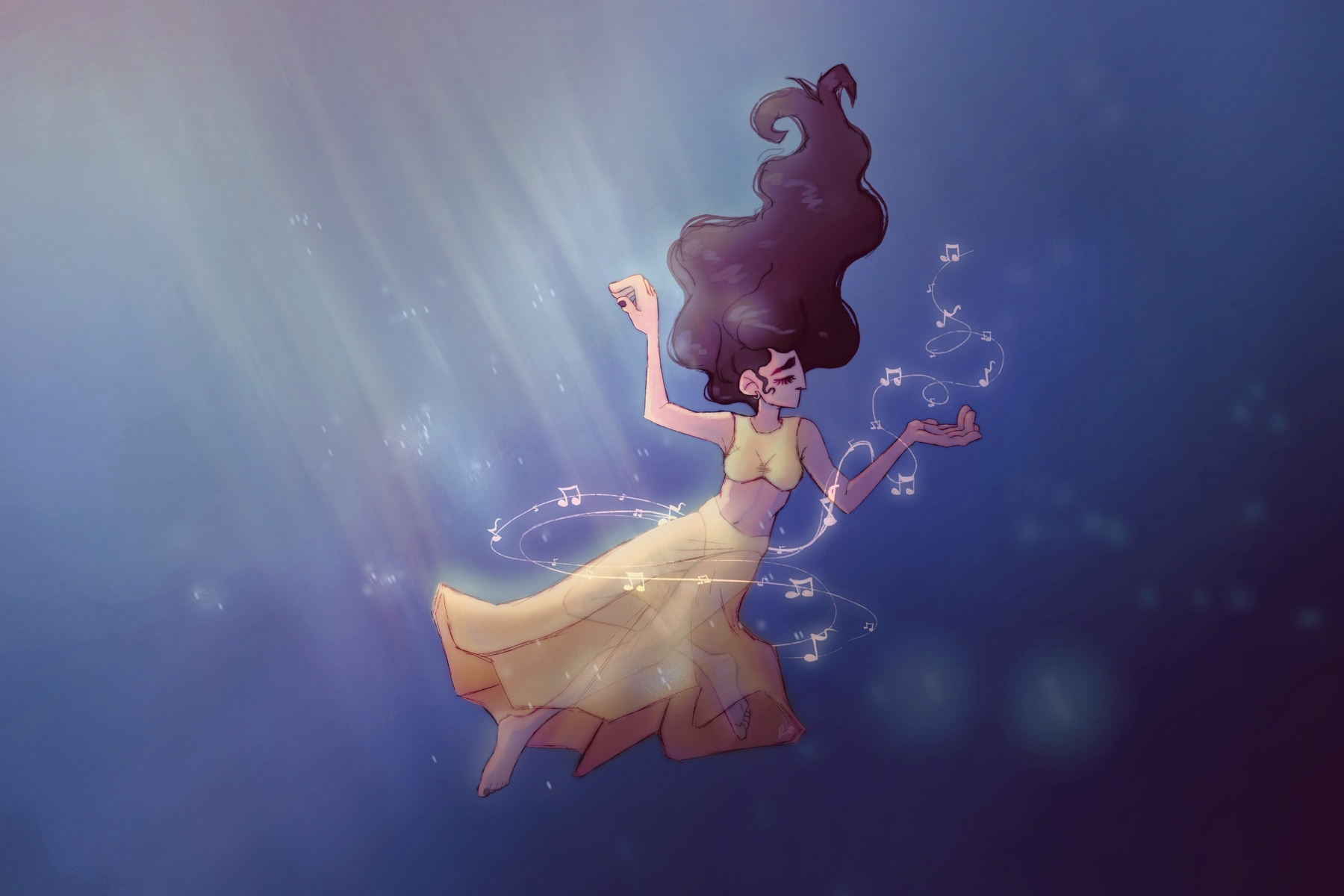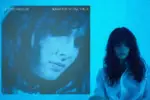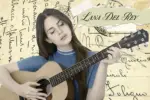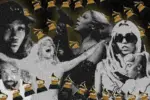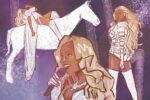When New Zealander Ella Yelich-O’Connor was 16 years old, she released the single “Royals” under the stage name Lorde — and found herself hoisted to the top of the Billboard charts. Her first album, “Pure Heroine,” reached No. 3 in the U.S. “Pure Heroine” encapsulates what it’s like to be a teenager at its core — insecure, groundlessly confident and supremely cool.
In 2017, Lorde released her sophomore album, “Melodrama,” engrossing her listeners in a more complex coming-of-age narrative. “Melodrama” gasps like a gut punch, but it also articulates a wide range of thoughts and emotions let loose by heartbreak. As Allison Stewart put it in The Washington Post, her second album “was a masterpiece of goth-y, sad girl maximalism.”
In both “Melodrama” and “Pure Heroine,” Lorde exudes free-thinking charisma. Unfortunately, the artist also comes across as a charming (but also prideful) child immersed in blissful ignorance, waving aside the responsibilities that come with adulthood. In “Solar Power,” the artist’s latest release, however, that persona begins to crumble.
Throughout “Solar Power,” Lorde does the best she can to grasp “enlightenment” from the wisdom of her 24 years. She doesn’t come up totally empty-handed: Lorde gains some perspective and learns how to lean in to each moment for what it is. However, she doesn’t learn how to cut through the internal forest that Lorde openly admits is still part of her reality. Lorde doesn’t have all the answers, but she’s trying.
A few lines from the excellent “Stoned at the Nail Salon” capture the artist’s exploration and maturation: “My hot blood’s been burning for so many summers now / It’s time to cool it down,” Lorde sings. She pauses, then breathes the words, “Wherever that leads.”
Those last words are key to the narrative of “Solar Power.” Lorde wants to grow up, and she doesn’t want to be governed by momentary bodily impulses. But she doesn’t know how else to live. Her best advice imbues a sense of ease, if not revelation. For example, “I just had to breathe out / And tune in,” she sings in “Oceanic Feeling.”
That sense of summertime relaxation and release is one of the album’s greatest strengths. “Solar Power” creates the same feeling evoked by a walk down a New Zealand beach, awash in gold, green and blue. Guitars and high, layered vocals, some of which feature artists such as Phoebe Bridgers, Clairo and Robyn, fill out the album. Together with Lorde, their folky, hippie overtone recalls another age.
vhttps://www.youtube.com/watch?v=wvsP_lzh2-8
Stewart again put it well: “Lorde… and longtime collaborator Jack Antonoff drew inspiration from the sun-dappled California pop of the 1960s, and there’s a whispery, trippy vibe to songs like ‘California’ that bear that out; everyone Lorde sings about sounds like they’re wearing a flower crown.”
Overall, the sound of “Solar Power” is designed to be a relaxing experience, even when Lorde’s lyrics touch upon her own underlying anxiety. Unfortunately, as a result of this whimsical sonic design, the album’s individual songs also tend to blend together, creating an experience listeners may struggle to recall clearly after the end of the final song.
If this happens, listeners should hesitate before judging Lorde too harshly. In “Solar Power,” the artist admits change, casting aside her previous dark sound with the bravery of someone who cares more for her art than the dictates of pop music. (This is less true now than it would have been a year ago, however, as Taylor Swift’s “Folklore” and Billie Eilish’s “Happier Than Ever” proved just how much listeners are willing to embrace gentler, more indie music. Ironically, Eilish, as well as fellow pop aspirant Olivia Rodrigo, pay homage to Lorde’s previous work.)
Though the success of Lorde’s sonic choices is debatable, her lack of direction manifests clearly and intentionally in her songwriting. Throughout “Solar Power,” Lorde bobs between dispensing advice and expressing genuine bewilderment, creating a sense of instability that some listeners may define as weakness, and others as strength. The songs that form the light and airy collage that make up “Solar Power” immerse listeners in a world without impetus.
At her worst, Lorde’s guidance sounds like girl pop, the kind of advice sold on T-shirts or coffee mugs. In “Solar Power,” the artist sings lines like, “Do your best to trust all the rays of light,” “All will be revealed in time” and “Everybody wants the best for you / But you gotta want it for yourself.”
That doesn’t mean that Lorde’s advice is not helpful — in fact, listeners may discover that they actually needed to hear it. However, audiences may nonetheless get the sense that Lorde carries her 24 years a bit too heavily. Perhaps this impression is due in part to the childlike narcissism and delusion that the artist occasionally expresses: “I can make anythin’ real,” she sings in “Oceanic Feeling” — but, of course, she can’t.
Whether her words are trite or authentic, Lorde’s songwriting skill elevates her meaning. (Both Lorde’s mother and sister have published poetry, and she grew up writing as a child.) In the album’s opener, “The Path,” for example, the artist snags listeners’ attention with a brief summary of her life thus far: “Born in the year of Oxycontin / Raised in the tall grass / Teen millionaire having nightmares from the camera flash,” she sings.
If Lorde’s power to draw listeners in sets the artist apart, so too does her signature satire, one of the features that made “Royals” so compelling. In “Solar Power,” Lorde interweaves irony so subtly that listeners may have to study her lyrics to discern where satire ends and autobiography begins — in fact, some critics miss it altogether.
In her single “Mood Ring,” for instance, Lorde pokes fun at the kind of white girls who follow horoscope accounts and cleanse their crystals: “We can get high, but only if the wind blows (blows just right),” she sings. (For listeners in need of a pick-me-up, a quick search of the song’s complete lyrics provides an easy laugh.)
Throughout “Solar Power,” Lorde also explores herself through the lens of her relationships, from the ones that have lasted her entire life (“Oceanic Feeling) to her relationship with her recently deceased pet dog (“Big Star”). Lorde lampoons her ex with semi-playful bitterness in one of the album’s catchiest songs (“Dominoes”), pays homage to a current lover she deeply respects (“The Man with the Axe”) and even addresses climate change (“Leader of a New Regime”).
One of the most winning moments in the record comes at the end of “Secrets From a Girl (Who’s Seen It All),” a song that shuffles between false-front bravado and humility. At the end of the song, fellow New Zealand artist Robyn voices a tour guide for Strange Airlines: “Welcome to sadness,” she says. “The temperature is unbearable until you face it.”
Then, Robyn’s words shift from professional to the slight unease of an empathetic friend, as she walks her listeners through what happens when they land: “You can stay as long as you need / To get familiar with the feeling,” she says. “And then when you’re ready, I’ll be outside.”
Robyn even dangles a playfully written carrot before her imaginary tourist: “We can go look at the sunrise / By euphoria mixed with existential vertigo?” she says. The question mark that lifts Robyn’s voice also lifts the song’s credibility, saving it from being overcome by a sense of cheesiness.
Finally, Robyn pauses for a moment, as if assessing her own words. “Cool,” she adds.
In instances like this one, “Solar Power” offers listeners a toe-dip into their own tininess and limitations in an enormous world. The album functions as a beginner course to confronting reality and dealing with the sadness that follows from that confrontation. Lorde’s occasionally half-baked advice may soothe more than cleanse, but it acknowledges the irritation or injury that caused the problem — and, for that reason, provides a valuable outlet.


